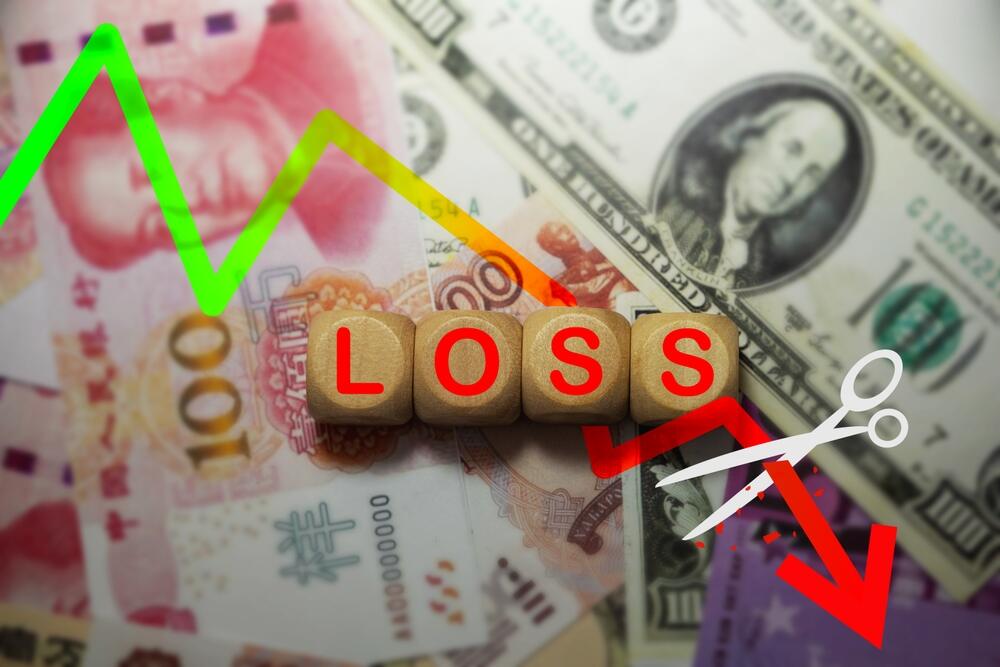The Next Great Stock
Editor’s Note: The key to making good investments is learning to identify what makes a single stock great… and it all boils down to the numbers.
In today’s article, Alexander Green, the Chief Investment Strategist at The Oxford Club, outlines how to identify individual stocks with the potential to outperform the market.
Recently, Alex discovered a single $8 “Super Stock” that he believes will soon skyrocket in the same way as legendary stocks of the past.
In fact, it’s already started.
The tiny company behind this stock is valued at just $1 billion. And I would guess not 1 in 100,000 people has ever heard of it. But Alex believes that’s about to change.
Because it’s overhauling a niche medical market that’s projected to grow from $86 billion in 2020 to $140 billion by 2028.
Go here for details on the stock. (It trades for under $10!)
– Ryan Fitzwater, Publisher
I’ve written often about how the best investors beat the market.
It’s not by guessing whether to be in the market or out. It’s by owning individual stocks that give higher returns than the broad market.
Ask an auditorium full of investors “Who’s the greatest stock picker of all time?” and you’ll get a variety of good answers (starting with Warren Buffett).
But ask that same auditorium “Who’s the greatest market timer of all time?” and you’ll hear some low murmuring and then… crickets.
It validates Vanguard founder Jack Bogle’s famous quote…
After nearly 50 years in this business, I don’t know anybody who has [timed the market] successfully and consistently. I don’t even know anybody who knows anybody who has.
If market outperformance is your goal, drop your subscription to the psychic network and pull out your calculator instead.
Because analyzing businesses is partly about evaluating products, processes and quality of management. But it’s mostly about numbers.
Companies that experience rising sales, increasing market share, double- or triple-digit earnings growth, and high returns on equity see their share prices rise.
Those that don’t… don’t.
However, just as individuals experience an awkward start (adolescence), a period of mastery and success (maturity), and then a slow or sudden decline (old age), companies have a limited number of prime years too.
We saw this in June 2018 when the last original Dow Jones Industrial component, General Electric (GE), was dropped from the index after more than a century.
Hard as it may be to believe, someday other corporations will replace market leaders like Apple (AAPL), Amazon (AMZN), Netflix (NFLX) and Google’s parent, Alphabet (GOOGL).
But almost certainly not anytime soon.
Readers who have run businesses of their own recognize that companies often find a profitable niche and work it for all it’s worth, then something changes that completely alters their outlook.
That “something” could be a disruptive new technology, the rise of tough new competitors or just changing consumer tastes.
But once a company starts losing market share – for whatever reason – it is often difficult (if not impossible) to get it back.
That’s why few companies are worth hanging on to forever.
(Just ask any buy-and-holder of Montgomery Ward, Circuit City, Borders, RadioShack, Shearson Lehman, Kodak or Sears, to name just a few.)
The two things every investor needs in order to beat the market with individual stocks are a strict set of criteria for what to buy… and a strict discipline for when to sell.
In my nearly 40 years in the business, the three best methods I’ve found for selecting stocks are momentum investing, value investing and riding the coattails of industry insiders.
Momentum stocks are companies that lead the market in sales and earnings growth, product innovation, and price action.
They tend to rise faster in a bull market and fall harder in a bear market or correction.
Value stocks are companies that are cheaper than most on the basis of price-to-sales, price-to-earnings and price-to-book value. They often pay bigger-than-average dividends too.
These stocks may rise less in a bull market but hold up better in a bear market. They are a fine example of why the tortoise beat the hare.
But there’s no better indicator than insider buying…
Insider buying is when the officers, directors and beneficial owners are buying substantial amounts of their own companies’ shares with their own money at current market prices.
Given that these individuals have access to all sorts of material, nonpublic information about their companies’ business prospects, it’s no surprise that these stocks tend to outperform in good times and bad.
These are three different approaches requiring entirely different metrics. Yet they all work over time… and none involve trying to outguess the market.
But how about a stock that encompasses all of these qualities and more?
![]()
YOUR ACTION PLAN
Investors should always be on the lookout for new technologies and innovations – that’s often where you’ll find some of the most drastic moves in the market.
And I believe one tiny company is about to skyrocket.
Not only is it overhauling a niche market, but its business model all but guarantees repeat customers.
It reminds me of Amazon disrupting the publishing industry with its online bookstore…
Apple disrupting the music industry by putting “1,000 songs in your pocket” with its iPod…
And Lululemon disrupting athletic apparel and spawning an entirely new $306 billion “athleisure” market.
Go Here for the Important Details
FUN FACT FRIDAY
One Bill to Rule Them All. The highest bill denomination ever issued by the U.S. was $100,000. It was printed in 1934 and featured former President Woodrow Wilson.
More from Trade of the Day
Play Short Squeezes “To The Moon”
May 2, 2024
Place Your Bets, Apple Earnings Tonight
May 2, 2024
How to Trade the Market’s #1 Fear
May 1, 2024
An “A+” Pre-Earnings Squeeze Play
Apr 30, 2024


























